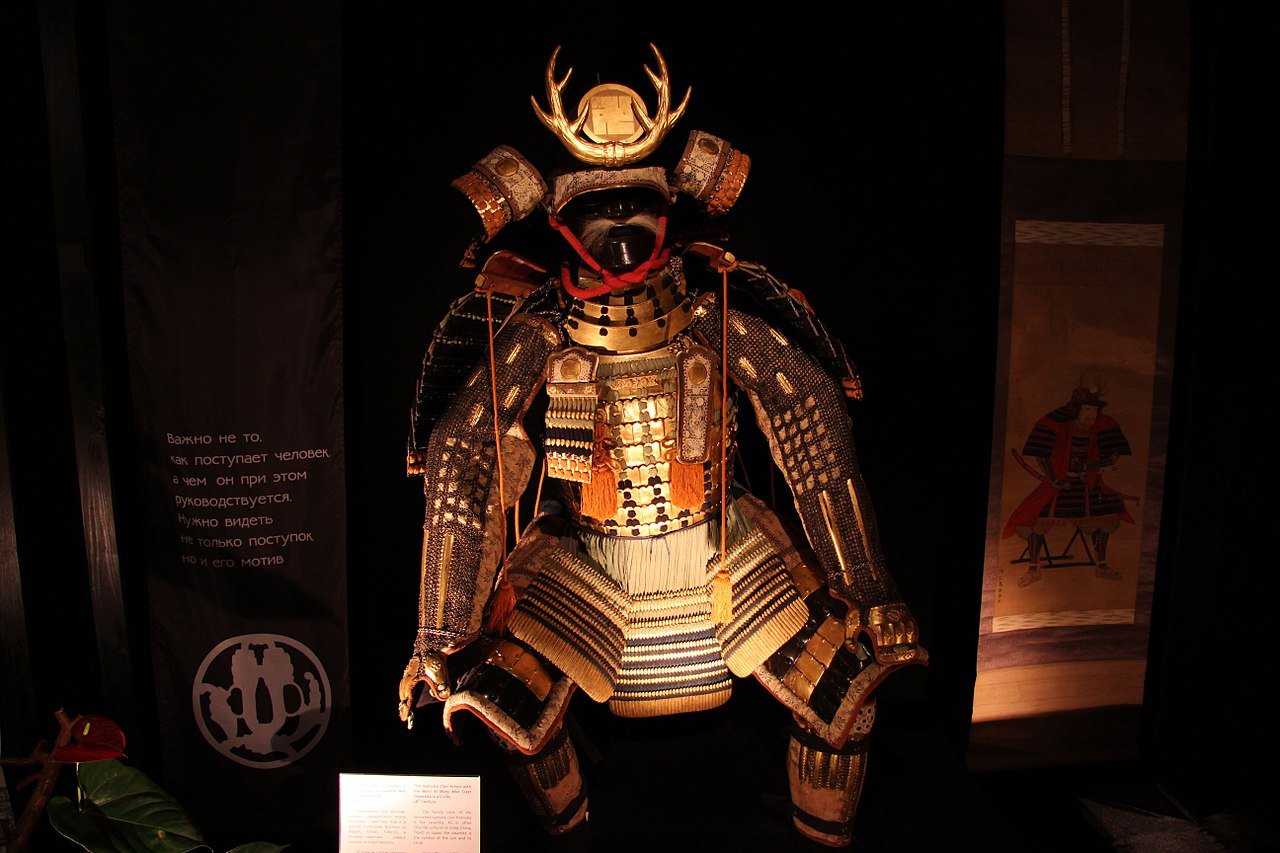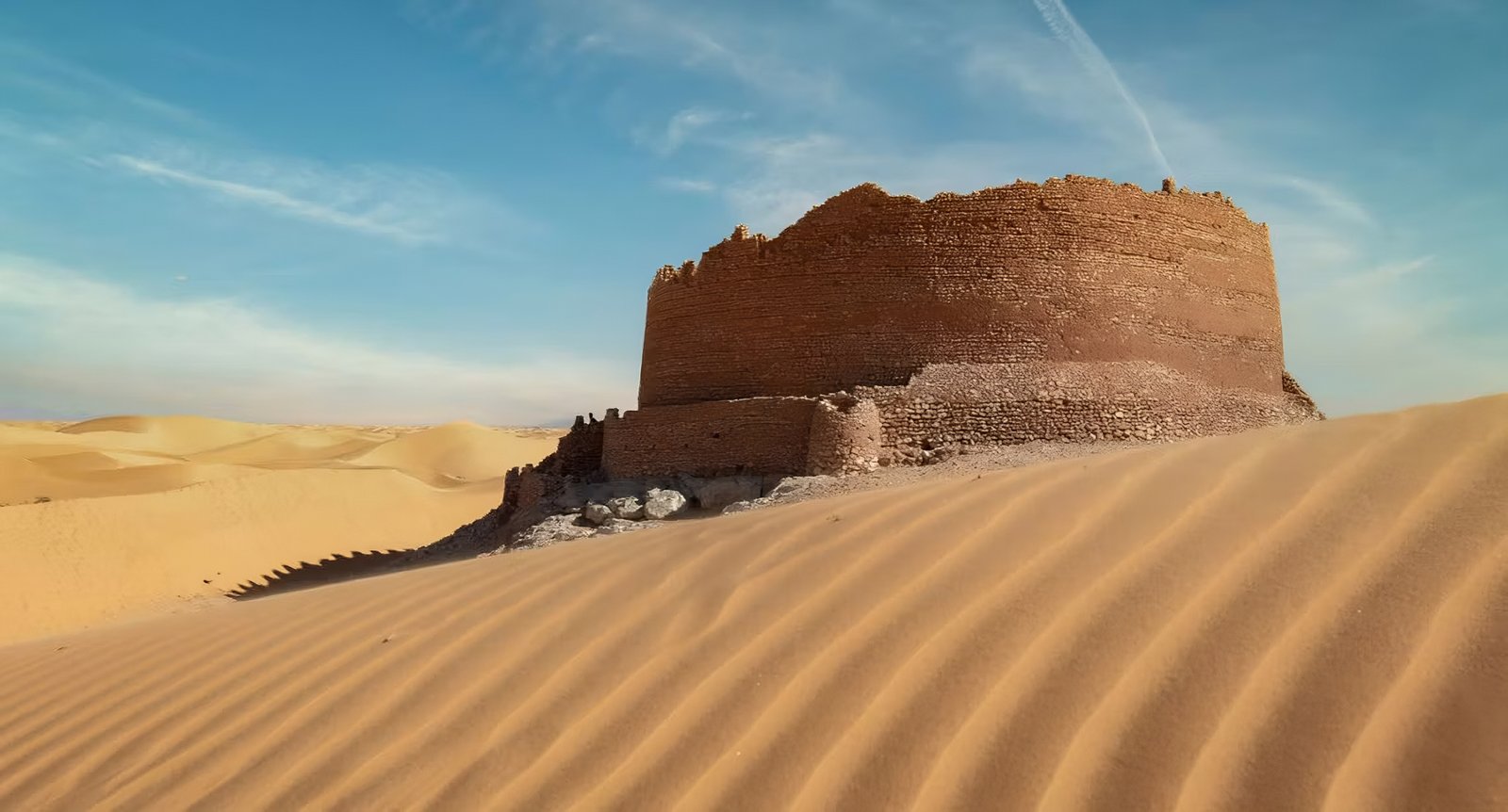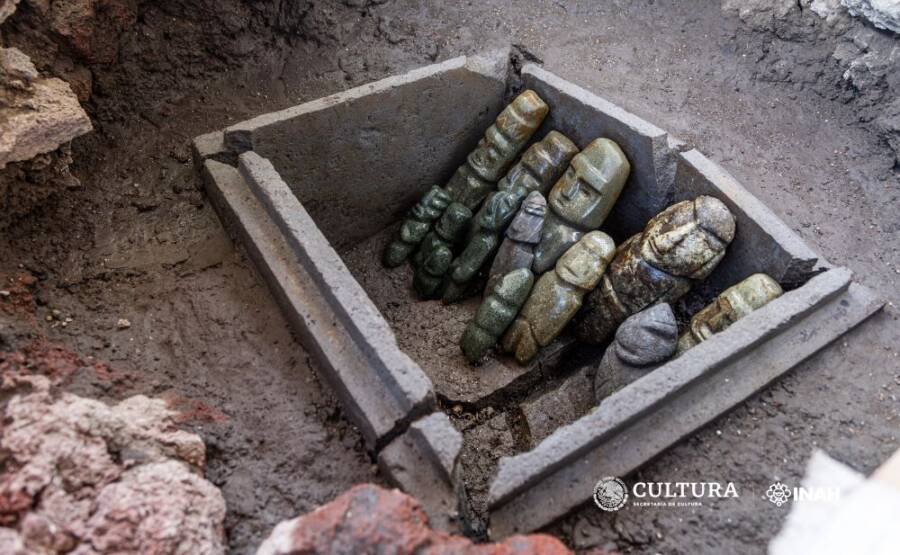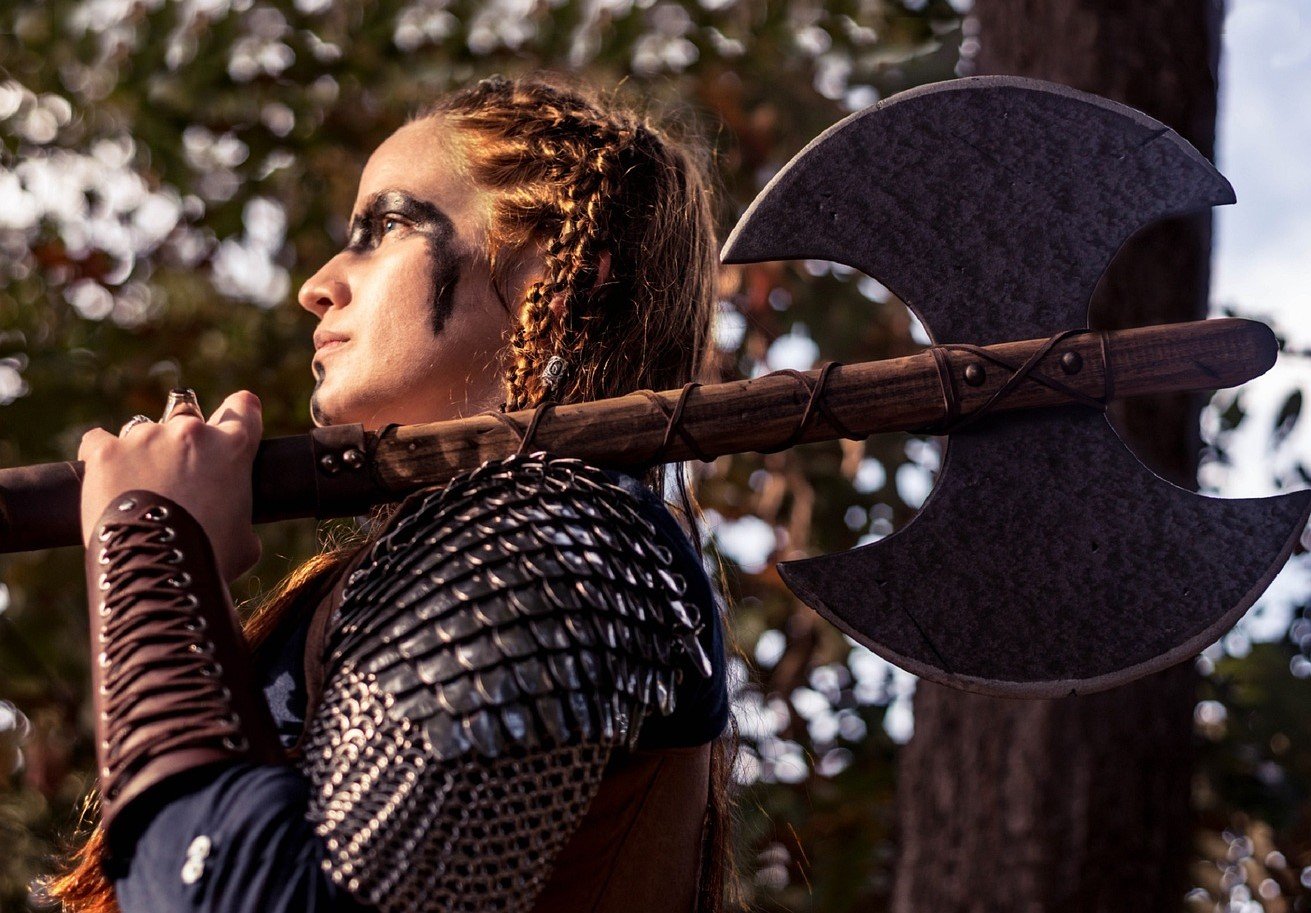Introduction
Primordial deities in Greek mythology
Like any other civilization, the ancient Greeks also wanted to understand where the world came from and where its power lies. The basis for understanding of natural events, human beings and the gods was their mythology. Greeks have creation stories about the mysterious primordial deities that emerged from the nothingness of Chaos into the universe.
Pre-cosmic period, primordial deities were personifications for the fundamental elements or power and potential. They were the ones responsible for the cosmic order; they engendered the heavens, the earth, and the sustaining elements. Greek’s desire to know their origin, and understand how the universe works was portrayed through the stories that were passed on from one generation to another.
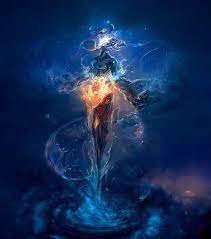
This will enable them to explore their pivotal roles
We need to know the roles and relationships the primordial deities have towards each other to understand the importance they have in the Greek creation myths. These deities had various characteristics and attributes which contributed to the creation of the universe. Such relationships included co-operation and conflict as this was a reflection of the natural word and human life.
Through the stories of these primordial beings we know how to interpret the ancient Greeks perception of world, how to understand their worldview and forces that govern their life. Their creation myths give us a glimpse into their culture, values, aspirations, and weave complicated symbols and meanings.
Chaos: The Formless Void – Primordial Deities
Being is chaos initially
Chaos was just a formless immensity preceding any cosmogony. It was a bottomless pit of dark without any contour, outline or pattern. Chaos meant the uncouth, wild energy which was to turn into the universe. It was the boundless space of could-be, a movie screen upon which the uni-verse would be projected.
The indefinable nature of Chaos
It personified the primordial void as the Chaos who was very strong and had unpredictable nature. It was at once the generative and destructive power. This was the power that could both bring order to the universe and reduce it to chaos, to its original state of formlessness.
Chaos was a powerful entity that formed the whole universe and the Greeks were scared of it hence respected it. However, they always knew about the chaos that always threatened the established order of the cosmos with the original chaos of the world.
Chaos which gave rise to the cosmos
Although it was chaotic, Chaos was also thought of to be the basis of the Cosmos. It was from this endless void that the first gods emerged and they interacted with chaos and formed the cosmos. Greeks also realised that Chaos was not only a destructive force but also a powerful potential.
The belief of the Greeks in an order that existed in a void is demonstrated through narratives on the emergence of primordial deities out of Chaos. They knew that although chaotic, Chaos possessed an order that could be utilised to form and uphold the universe.
When we look at the role of Chaos as it appeared in the Greek creation myths we begin to get the better understanding of Greek worldview. They knew that the cosmos was a delicate balance between order and chaos, and that both of these forces were essential for the creation and the preservation of the universe.
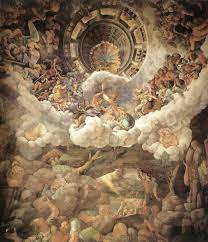
Gaia: Mother Earth – Primordial Deities
The incarnation of Gaia as a physical phenomenon
Gaia was the personification of the Earth that grew out of Chaos, which is the primordial void from where everything began. She personified the entire planet as the life-breath of its being on which everything flourishes.sHer emergence was the beginning of the formation of material which is subject for touch and ultimately the rise of life.
The generative force of Gaia as creator
Generating Gaia was a part of Greek myths about creation. Life originated from her as she gave birth to the first plants and animals. The vegetation in the surrounding environment grew with her loving touch. Her fertile soil also gave rise to many different creatures. Gaia’s impact went past the physical realm; she was also linked to fertility, childbirth, and the natural cycles.
To the Greeks, Gaia was very closely connected with the universe, for both their rhythms are attuned to the cosmic order. It dawned on them that their life on earth depended on her vitality. Creation myths often featured Gaia which was a way of showing that everything was one, the fragile connection between nature and man which made the world what it really was.
Tartarus: The Abyss
The deep and dark abyss of Tartarus
On the other hand was Tartarus, the dark, gulflike abyss that lay beneath the earth in a complete contrast to the life-giving Gaia. However, it was a land of eternal punishment reserved for the most malicious gods and wicked humans. A barren, uncaring, sunless and uncomfortable place. This is where the people should be sent who defy the system.
It was thought to be the deepest part of the earth that lay beneath the surface of the earth, and the sunlight could not get through to it. This was a realm of impenetrable dark that permeated the languid air heavy with mourning and the only voice was one of anguish of the tormented. The prison walls in Tartarus were made from adamantine rock thus making it impossible for the prisoners to escape from their fated destiny.
Tartarus – a divine prison
Tartarus was an ever-present signifier that needed to be reckoned with, a perpetual reprimand to all Homo sapiens of the godly capacity to keep things in cosmic equilibrium. It was a place of maximum punishments for all people who had rebelled against the laws of god and were therefore sentenced to eternal hell. They knew that for justice and order in the life of people then justice and order must reign among the dead as well.
Ancient Greek had many stories about Tartarus, which were used as a measuring stick for morality – teaching people a lesson that there are things that man cannot do. It showed that people ought to remain in accordance with the universe order because these gods were feared and respected.
Eros: The Primordial Love
Eros, the power of love and attraction – Primordial Deities
Eromaios – the primordial Greek god Eros emerged out of boundless chaos. Through him, such a love was expressed in its naked and pure form drawing everyone under the irresistible spell. listade, sakina. Cosmos undergoing Eros made the gods to interact with the mortals and nature.
In most of the Greek creation myths, Eros has been depicted as central to the existence of the universe. This power of uniting and creating would have made his creation of order out of chaos from the primal elements impossible. He united Gaia and Uranus, begat the titans, and generated the cosmos out of chaos.
Erotic influence in divine relationship, creative dynamics
Nonetheless, Eros did not only exercise his power in matters relating to origins, but also on the love affairs among the Gods and Goddesses. He is the one responsible for the loves of Zeus and Hera, Poseidon and Demeter, among so many others divine pairings. Eros stressed the power of love overcoming boundaries and uniting different ends.
Eros also had the power over human creative activities. They believed that his spirit could create such beautiful and romantic music, painting, or poem by the poet, artist, and musician. The divine embodiment of eros in the Greek mythology signified the expression of artistic inspiration that allowed the artists to reach the depths of their feelings and desires within themselves.
The story of Eros was used by the ancient Greeks as proof, illustrating their belief that love can transform an individual. They knew that love was not only a matter of feeling, but it was rather a formative force, which changed people, connections, and reality as such. Eros in Greek mythology was a personification of this force and it was love’s creative energy in conjunction and its union.
Nyx: The Night
Nyx as an incarnation of the night
A primordial Greek goddess Nyx emerged out of an infinite depth of Chaos. Her association with the night and darkness was representative of an image of the unfamiliar nature associated darkness and night. The prominence of nyx made night an important part of the cosmology. This indicated the alternating patterns of the universe’s cycles.
The Greek cosmogony and night as the symbol for it
The period in which nyx presided over darkness during night, it was not mere the lack of illumination; rather it was the moment for renewal and reformation. That evening, the world faded into oblivion. A new life dawned. The cosmos would lose its balance without Nyx because it is said that it is very delicate.
Her attachment to dreams and the unconscious deepened the symbolic meaning of her relation to Nyx. It was thought that the night was a time when reason gave way – irrational – allowing for the possibility of true insights or visions. In the same way, there were goddesses like Nyx, known as the night goddess, who held dreams and offered wisdom and knowledge to anyone approaching her.
The story of Nyx depicts the Greeks as knowing that everything has a dual side to it. They established that both darkness and light, chaos and order constitute realities but they are not mutually exclusive rather components of one reality. Nyx as a physical manifestation of night symbolized the obscure but indispensable force that renewed it.
Conclusion – Primordial Deities
In early Greek creation stories, the primordial deities had a crucial influence on the universe and what determined it. Out of the infinite emptiness of Chaos came Gaia, the earth mother, Tartarus, a dark pool of suffering, Eros who was the god of creativity through sexual love, and Nyx, who was personified as nightly transformation. Through this interaction with their powers, they introduced order into the universe, leading to the creation of life and the evolution of human consciousness.
Stories of those primeval beings present a colorful canvas of symbols and meanings for the perception of ancient Greek mentality, idea of cosmos, and belief in gods’ existence. In fact, their creation myths highlight the intricacies of connections, equilibrium between order and disorder, and the transformative impact of affection and dark.
Frequently Asked Questions (FAQs)
How did Chaos play out in Ancient Greek creation myths?
The primordial void from which everything originated is chaos. It symbolised the shapeless and undifferentiated condition of things prior to creation of the universe.
How did Chaos give birth to Gaia?
This was where the Gaia, the personified earth came out of Chaos for life to begin developing. Her significance was an embodiment of life power and fruitfulness of our world.
Why was it significant for Greeks to conceive Tartarus as a place of torture?
Abyss of punishment known as Tartarus where the rebellion gods, disrespectful mortals and sinners were cast to get tormented forever. A symbol of the outcome for sinfulness.
What role did Eros play in shaping the universe?
Eros as a catalyst made primal forces meet as well as shaped divine relationships during the process of cosmic creation.
What did Nyx denote or stand for in Greek mythology?
Nyx was the dark goddess who symbolized the transformative nature of the night and the circle of life. She symbolized dreams, the unconscious, and rebirth.


